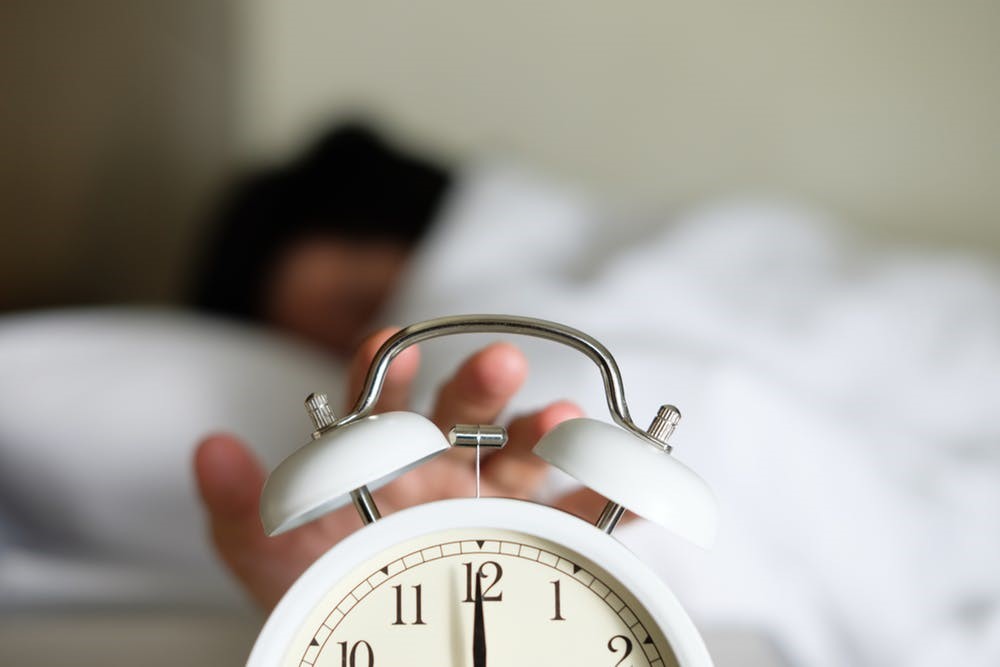
We’re all aware of the need for regular exercise and good nutrition to maintain a healthy lifestyle, but possibly the most important leg of this three-legged stool is quality sleep, and sadly, it’s the one most often neglected.
In this first of a three-part series on self-care, we want to share with you some of the lesser known facts, insights and tips around brain-friendly sleep, the cost of not investing in it.and why it is so critical to our health and performance.
1 Fact – The implications of Poor Sleep Hygiene are more than Serious
There is a known correlation between the following events and lack of sleep by operators – The Nuclear disasters at Chernobyl and Three Mile Island, the Space Shuttle Challenger explosion and the Exxon Valdise oil spill.
On a scale closer to home, research from Harvard Medical School found that insomnia is responsible for 274,000 workplace accidents and errors each year, adding up to $31 billion in extra costs in the US alone. They also identified that a week of sleeping 4 to 5 hours a night is the equivalent impairment of a blood alcohol level of 0.1% and more dangerous than coming to work drunk.
3 Insights
1. Getting less than 7 to 8 hours of sleep a night impairs our ability to learn, to focus, to embed long term memory (and so we forget things more easily), to stay rational and to be empathic. This has major implications for our effectiveness at work and can result in damaged relationships, reduced productivity and significant errors
2. Our brain performs a critical function when we are in deep sleep. It acts like a plumbing system, flushing toxins and dumping waste into the blood to be excreted. The implications of the brain not doing this have been correlated with Alzheimer’s disease. (Interestingly, British PM Margaret Thatcher prided herself on sleeping just 4 hours a night and later suffered from dementia).
A few hours sleep a night is a poor badge of honour.
3. Lack of sleep can result in a weakened immune system, increased risk of diabetes, high blood pressure, weight gain, decreased sex drive and a depressed mood. In other words, lack of sleep can make us sick, fat and very, very grumpy!
4 Tips for achieving Brain-friendly Sleep Habits
“To know and not to do is not yet to know” – Lao Tzu
Most of us are aware of the standard advice regarding sleep such as reducing alcohol and caffeine and going to bed before midnight, so we’d like to share some of the lesser known tips for developing brain-friendly sleeping habits.
1. Do you suffer from ‘Sunday-somnia’? More than 23% of people say their worst night’s sleep is on a Sunday as they catapult themselves into Monday wondering what the week may bring.
One tip is to make a little time on a Sunday afternoon to prepare for the week ahead and minimise any stress triggers. The best antidote to worrying about Monday is to stay present on Sunday and practise mindfulness – noticing that you’ve hopped into the future and bringing yourself back to the present.
2. If you feel that you need to catch up on sleep, do it through naps, not sleeping in. Catching up on sleep at the weekends is a myth and false economy; it confuses the body and our set circadian rhythms so, where possible, get your 7 – 8 hours every night and honour your body’s natural rhythm
3. Remove all blue light sources from your bedroom and make the room as dark as possible. When we check the time on our phone (which shouldn’t be in the bedroom!) or digital alarm clock, we inhibit the production of melatonin, our vampire hormone that helps us sleep in the dark and be awake in the light. Get an old fashioned alarm clock and ban anything that can light up from the bedroom.
4. Adding just an extra 20 minutes to your sleep cycle could double or even triple your performance! (Dr Jessica Payne, University of Notre Dame). Begin by setting an alarm to commit to going to sleep earlier and, if possible, do your sleep preparation well in advance of getting into bed. If you struggle to get to sleep, listen to one of the sleep or mindfulness meditations provided by the many free apps now available.
In Summary
Given that we now know the critical brain functions that are performed when we sleep, we can no longer ignore the need for good sleep hygiene both for our own health and the health and sanity of those around us.
Developing brain-friendly sleep habits is like creating any new habit. Choose one tip that you think could make the greatest difference and give it at least 66 days to become a habit.
And finally, if you think you may be suffering from insomnia (which Clare and Anne have both suffered in the past so it’s close to our hearts), please seek professional help.
Leave a Reply